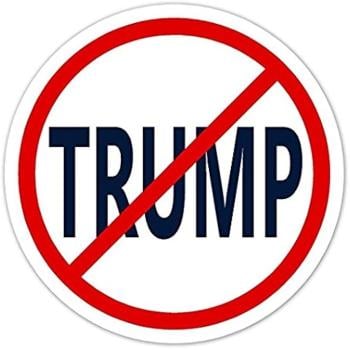Still, members of the liberal intelligentsia believed Bush’s governing philosophy is that “the government can have no positive role in its citizen’s [sic] lives.” Deficits were seen not as evidence to the contrary, but as part of a plan “to rid social programs of their funding.” It is difficult to overstate the profundity of the misunderstanding when George Lakoff writes that Bush represents the quintessentially conservative commitment “to get rid of protective agencies and social programs” and establish a government “limited to security and maintaining a free market.”
At its best, compassionate conservatism is as Michael Gerson defined it: “the theory that the government should encourage the effective provision of social services without providing the service itself.” What would distinguish liberals and conservatives, with regard to government spending, would not be their commitments to large government and small government respectively, but that the Democrats would use big-government mechanisms to grow the federal bureaucracy and perpetuate dependency on the federal dime, while the Republicans would use those same mechanisms to promote competition, innovation, and independence.
Such, at least, was the theory. What emerged from the legislature was often a hodge-podge of compassionate conservatism, accommodations to Democrats, and gifts to favored constituencies. The result was government growth and deficit spending even as the country was cutting taxes and prosecuting two wars. Whether this approach was right or wrong, however, it is completely and demonstrably false that “nobody was angry about the deficit under President Bush.” Bush’s big government did arouse substantial opposition within conservative ranks.
Liberal politicians and their fellow travelers in the media seemed to assume that Americans disapproved of Bush for the same reasons they did. Yet many rejected Bush because he was not their kind of conservative (or, they might say, no conservative at all). William F. Buckley was tactful in 2006 when he said that Bush suffers from “the absence of effective conservative ideology -- with the result that he ended up being very extravagant in domestic spending.” And George Will wrote in 2004 that “Republicans are swiftly forfeiting the perception that they are especially responsible stewards of government finances.” The President had recently proposed some cuts, but the $4.9 billion saved “would pay less than six days’ interest on the national debt.” These deficits were apparently “one way ‘compassionate conservatism’ defines itself.”
These are hardly figures on the fringe, and they object to Bush’s government growth and deficit spending. Another example from the same year is Richard Viguerie, a pioneer of conservative strategy, whose Conservatives Betrayed: How George W. Bush and Other Big-Government Republicans Hijacked the Conservative Cause, is a clear precursor to the Tea Party movement.
Yet the rejection of big-government conservatism, amongst libertarians, reaches further back. A Cato Institute article from 2003 calls Bush “the most gratuitous big spender to occupy the White House since Jimmy Carter.” It was not possible to blame this on the wars alone, since non-defense discretionary spending had increased by even more (20.8%) than total spending (15.6%). “Government agencies that Republicans were calling to be abolished less than 10 years ago, such as education and labor, have enjoyed jaw-dropping spending increases under Bush of 70 and 65 percent respectively.” While some expenditures are matters of political expediency, this only means that Bush “spends like Carter and panders like Clinton.” The chairman of Cato even hoped for a divided government, and Doug Bandow at The American Conservative lamented the Republican majority that was “promoting larger government at almost every turn.”
Further examples abound, reaching back as far as 1999. Or witness Robert Trancinski in 2001: “the heart of conservatism is dead” when “its leaders endorse a total surrender to the welfare state -- and announce that, if we can’t beat the Left, we should join them at the federal trough.”





